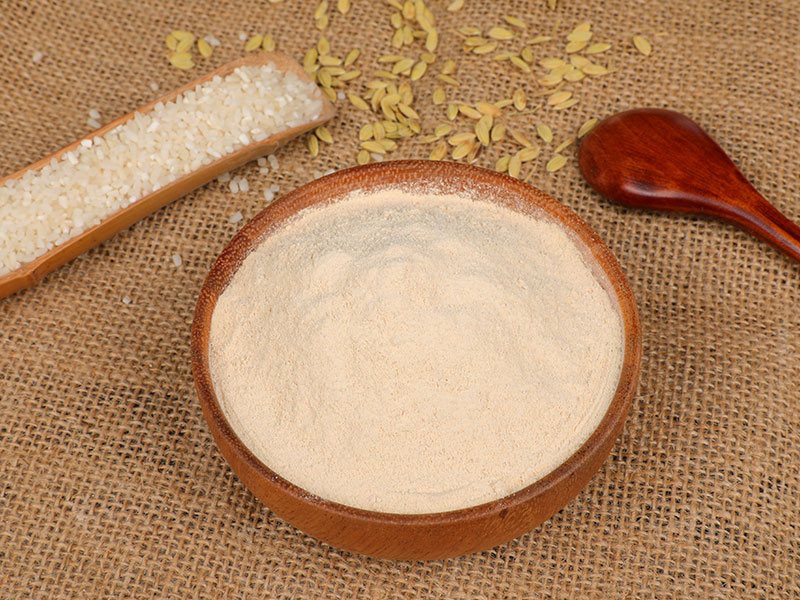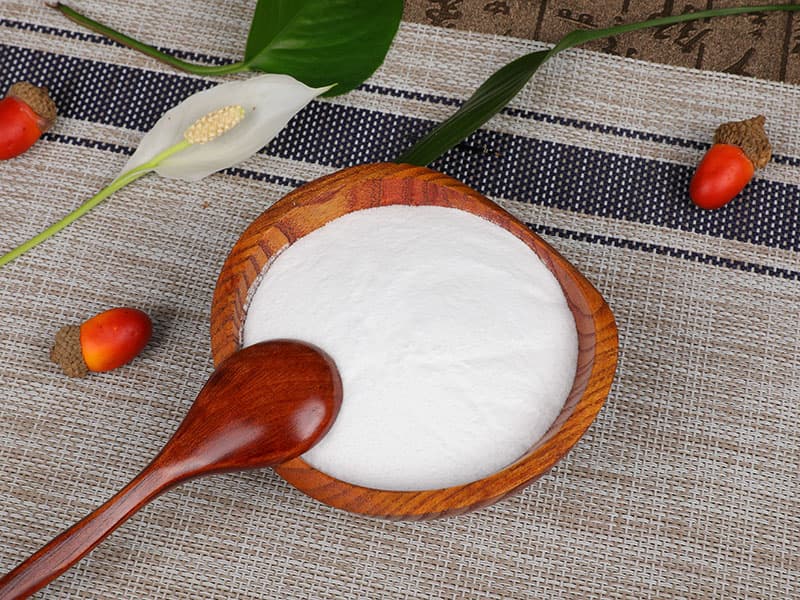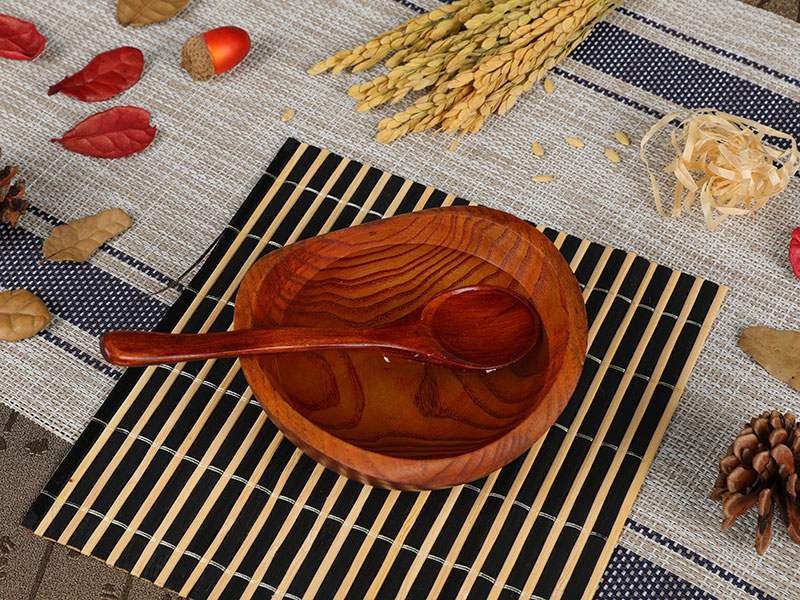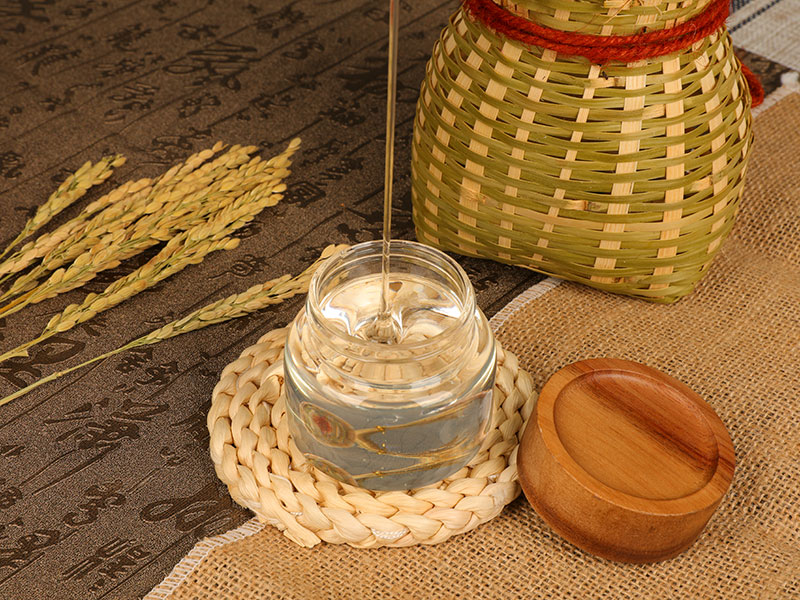Iron: Iron is essential for the production of hemoglobin, the protein in red blood cells that carries oxygen to tissues throughout the body. Rice protein naturally contains iron, and its inclusion in food products can help boost the iron content. This is particularly beneficial for individuals at risk of iron deficiency, such as menstruating individuals, pregnant women, and young children.
Calcium: Calcium is vital for bone health, muscle function, and nerve transmission. While rice protein itself is not a significant source of calcium, food products fortified with calcium can be made using rice protein as a base. This allows consumers to obtain additional calcium in their diet, particularly important for individuals who may not consume dairy products or other calcium-rich foods.
Phosphorus: Phosphorus is involved in bone formation, energy metabolism, and DNA synthesis. Rice protein naturally contains phosphorus, and its inclusion in food products can help increase phosphorus intake. This mineral plays a crucial role in maintaining overall health and wellbeing.
Magnesium: Magnesium is essential for more than 300 biochemical reactions in the body, including energy production, muscle function, and protein synthesis. While rice protein itself may contain magnesium, the inclusion of magnesium-rich ingredients alongside rice protein can further enhance the mineral content of food products.
Potassium: Potassium is important for maintaining fluid balance, regulating blood pressure, and supporting nerve function. While rice protein is not a significant source of potassium, it can be incorporated into food products alongside potassium-rich ingredients such as fruits, vegetables, and legumes to increase overall potassium intake.
Zinc: Zinc is involved in immune function, wound healing, and DNA synthesis. While rice protein itself may not be a significant source of zinc, its inclusion in food products can contribute to overall zinc intake when consumed as part of a balanced diet that includes other zinc-rich foods such as meat, seafood, nuts, and seeds.


 English
English 中文简体
中文简体





